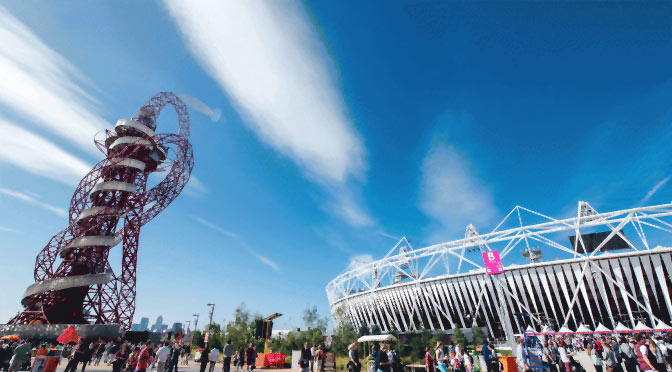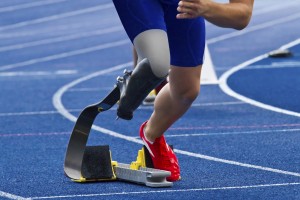Get ready for Rio

Thu, 03 Dec 2015 10:52:00 GMT
In 2016 the Olympic Games take place in Rio de Janeiro, Brazil and millions of spectators from around the world will be watching.
Long before the world’s elite athletes take to their sporting stage, there is a huge amount of work involved in planning such an event. The London 2012 Olympic Games have been widely recognised as being a successful and well organised event. The International Paralympic Committee wanted to find out more about what went well and how it worked.
Research team granted access all areas
As a result of his work with the World Academy of Sport, which included teaching business statistics to the Union Cycliste Internationale and the directors of the Tour de France cycling teams, Professor David Bamford from the University of Huddersfield was invited to lead a research team at the London 2012 Paralympic Games. The team, which included his colleague Dr Benjamin Dehe, also from the University of Huddersfield, explored the event from the athletes’ perspectives.
They were tasked with finding out about the vast range of operational activities which take place behind the scenes of such a prestigious event. By being granted access to all areas they were able to interview the athletes and gain a valuable insight into their perceptions of the operational structure. The main focus of any athlete is to win and to help them to achieve their goals it is vital to make the rest of their experience as stress-free as possible.
Athletes share their experience
The research explored every step of the athletes’ journey, including how they were contacted to register for the Games in their home countries and how welcoming their greeting was when they arrived in London. They were asked about their transportation from the airport to their accommodation.
Once they arrived at the Olympic village further areas were explored including their accommodation and how suitable it was for people with a range of disabilities. Everything from the catering and the transport within the Olympic village to the standard of the training facilities and the competition venues was investigated.
How was the athletes’ experience of the opening ceremony? How did the athletes deal with being interviewed by the press? How well organised were the awards ceremonies and the closing ceremony? Was the transport back to the airport well organised when the athletes were returning home and leaving their London 2012 experience behind them?

Sharing the legacy
The research report was submitted to the International Paralympic Committee and was used in the London 2012 project debrief and the briefing for Rio de Janeiro 2016. It identified everything that worked well, why it worked and also generated specific areas for improvement – all of which have helped to inform the Brazil Organising Committee. This was the first time such a research project had been carried out and it was considered so successful that the model was repeated at the Winter Olympics in Russia in 2014.
The findings have formed part of the London 2012 legacy as the knowledge gained has been shared with Rio de Janeiro for its 2016 Games. One area which was influenced by this research was the recognition of how well designed the Athletes Village in London was. This has been flat-packed and shipped out to Rio and now the same Olympic village used in London is ready and waiting to be used once again by the world’s top athletes at the 2016 Olympic and Paralympic Games in Brazil.







